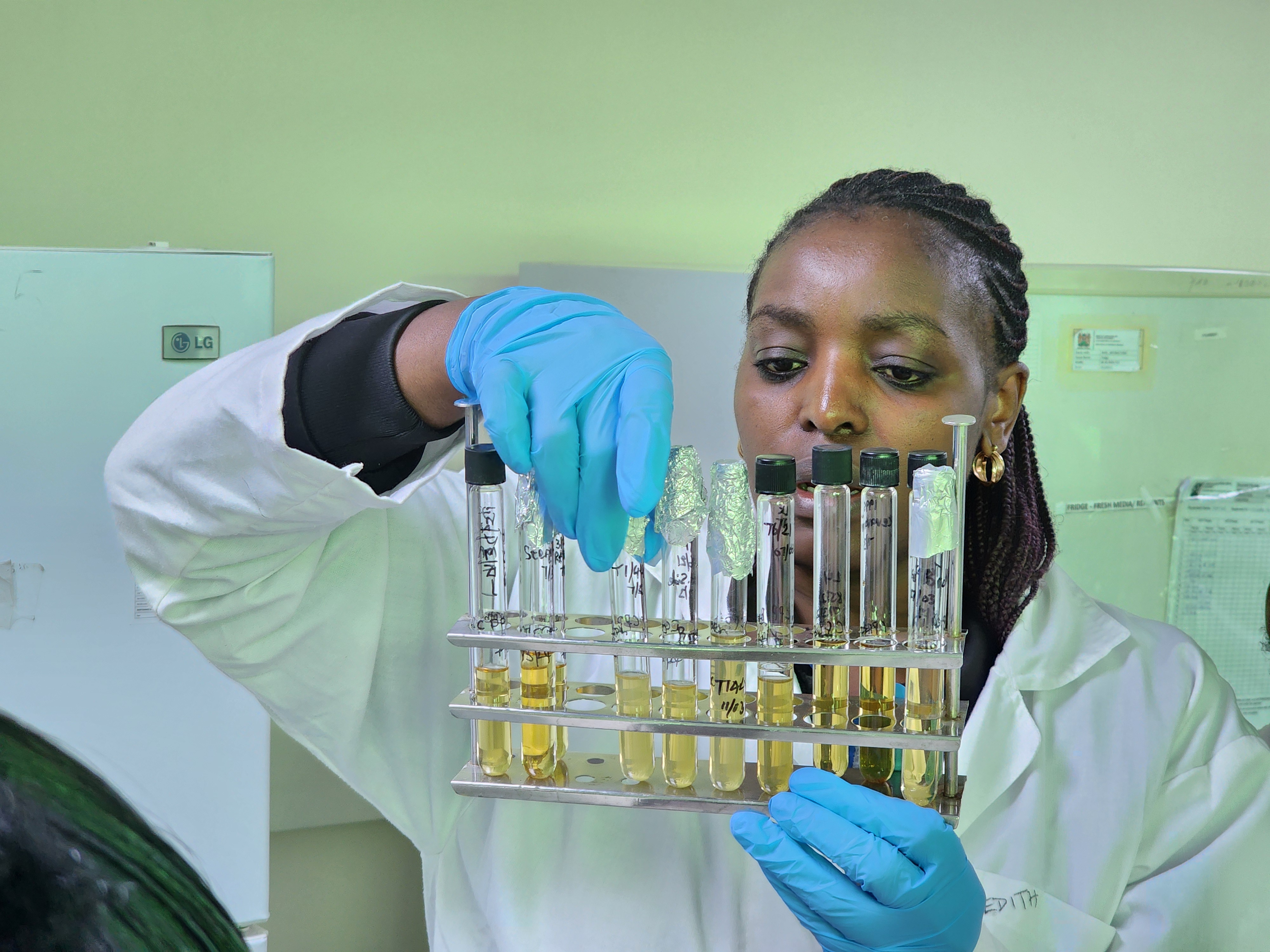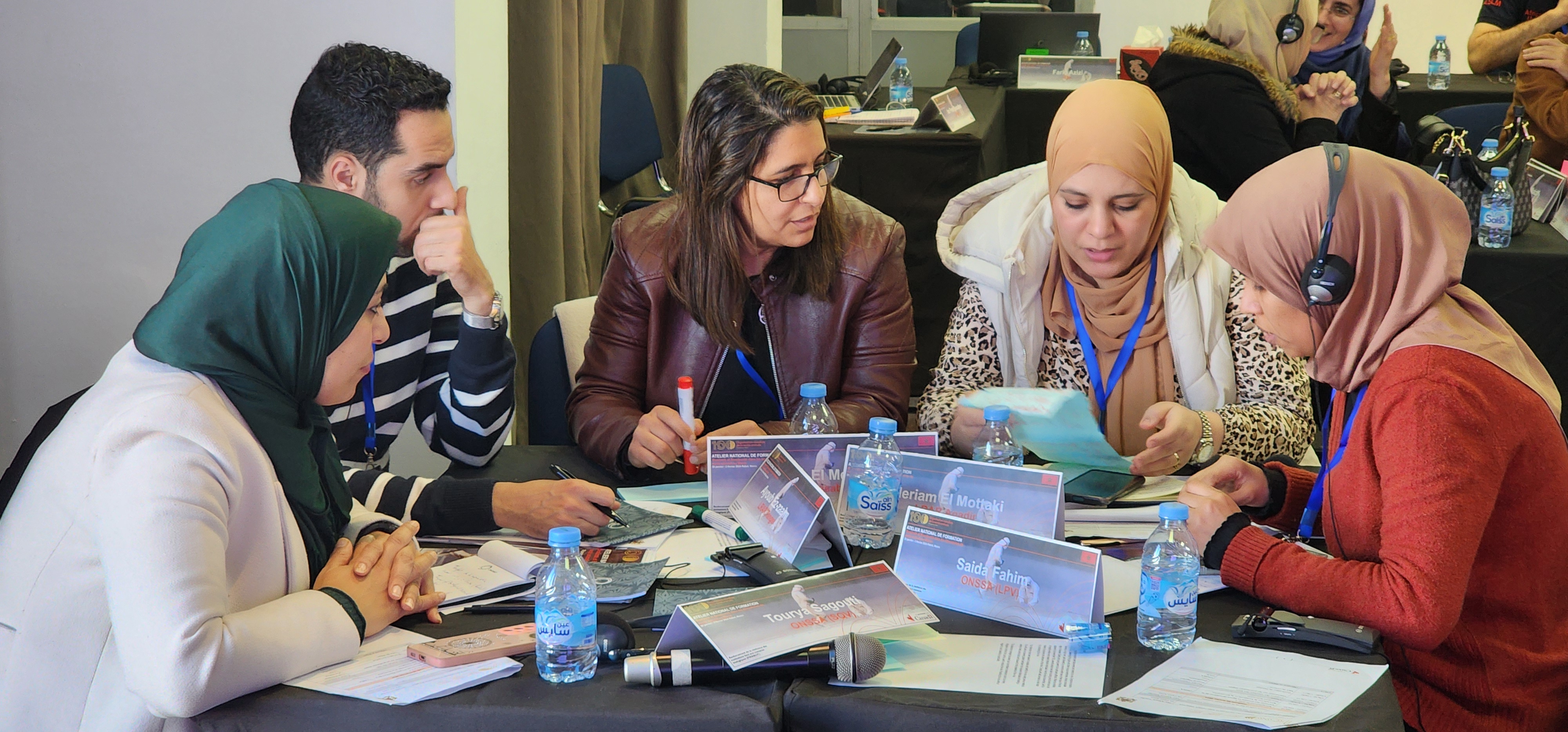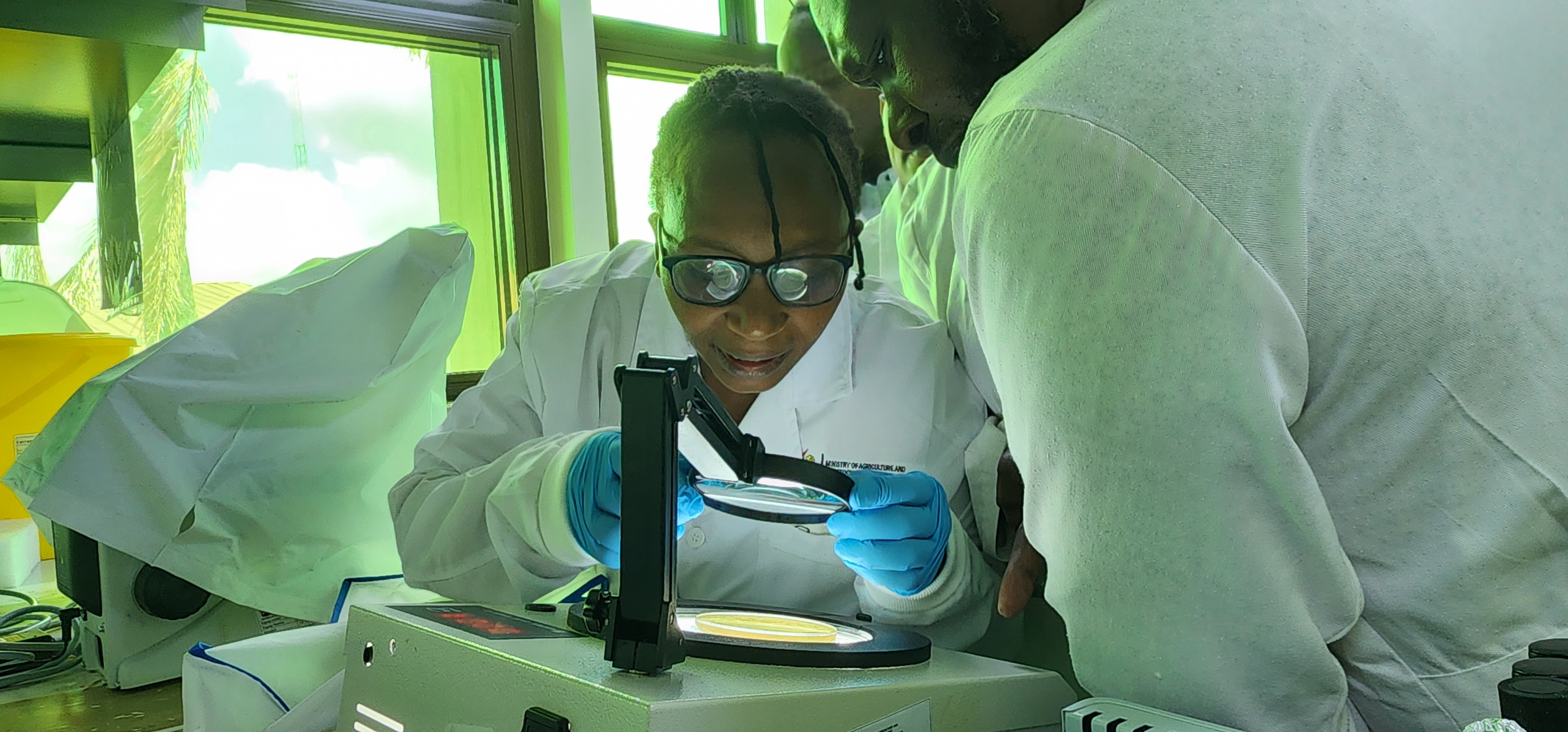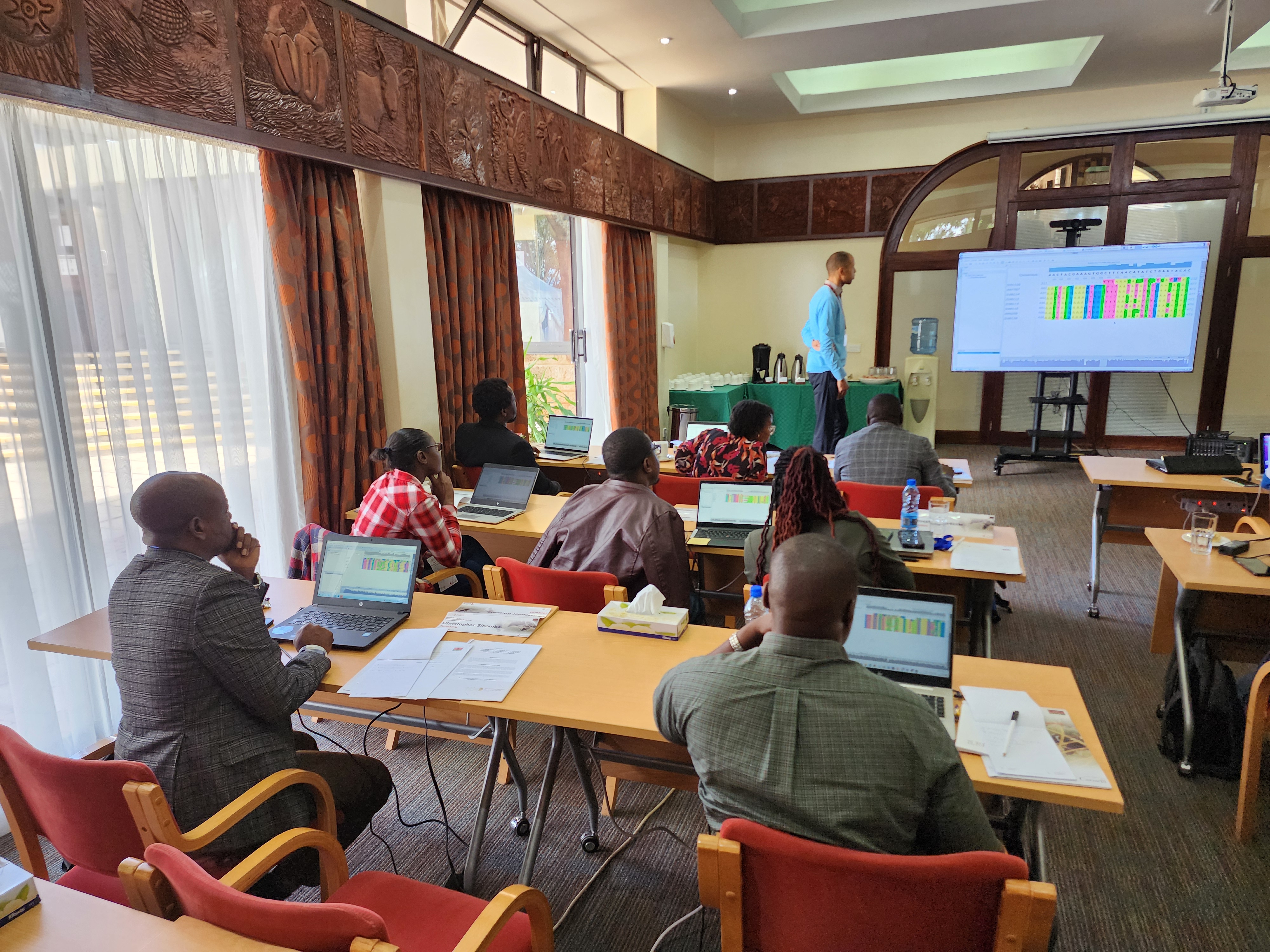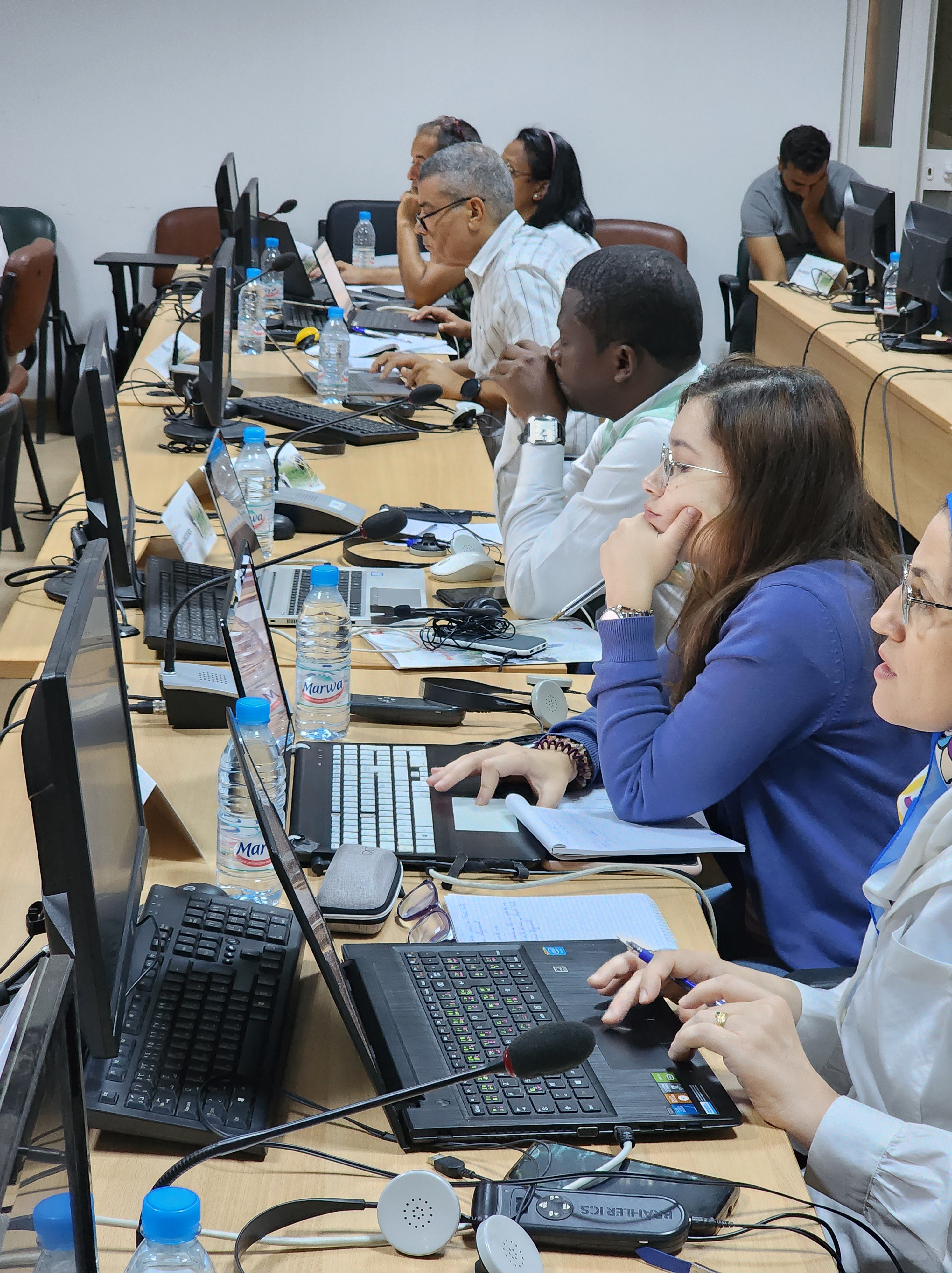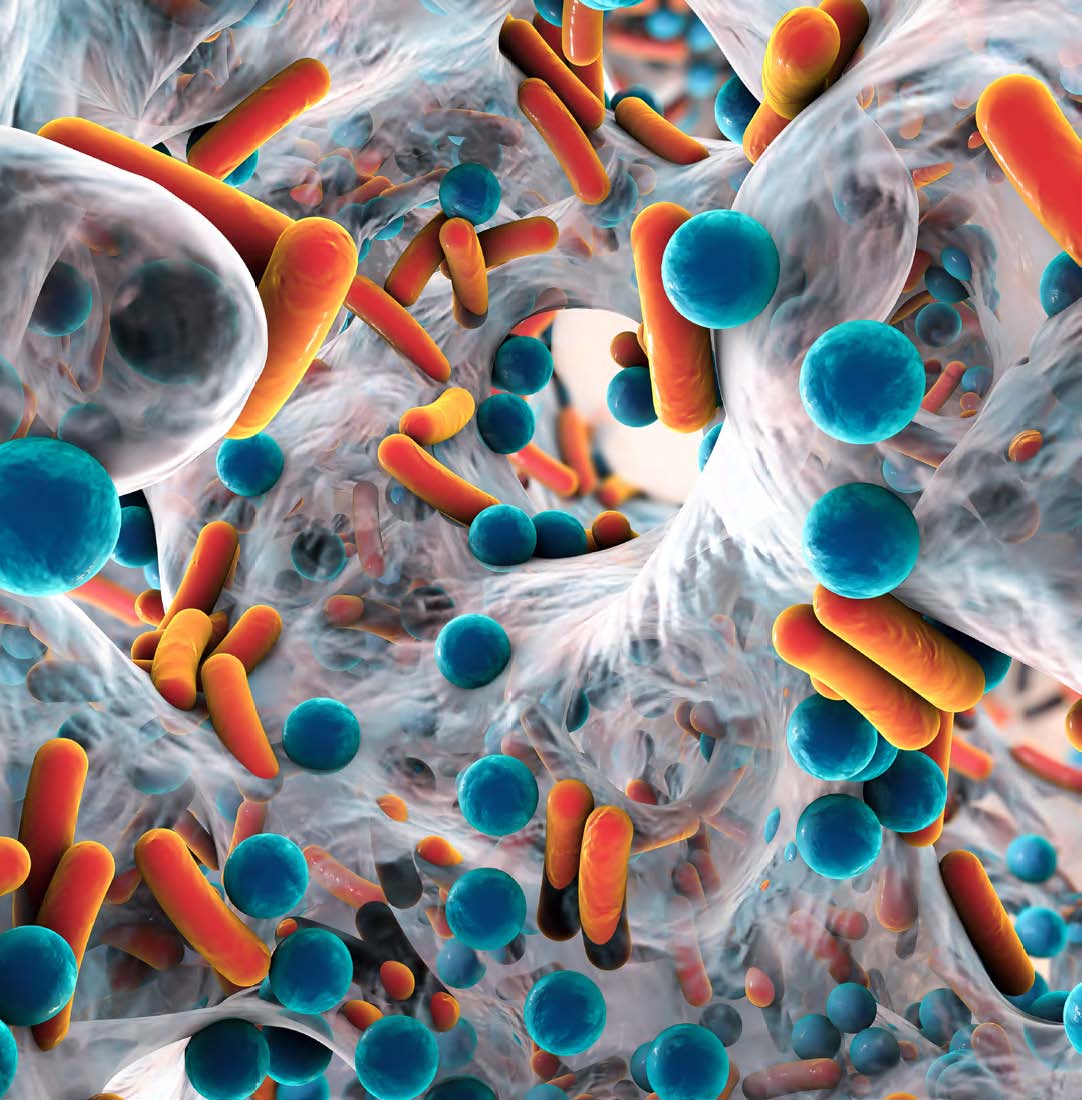
In 2024, the World Organisation for Animal Health (WOAH) celebrated 100 years of improving animal health and welfare globally. In its rich history, WOAH has also enjoyed over a decade of collaboration with the Global Partnership Against the Spread of Weapons and Materials of Mass Destruction (the Global Partnership or GPWMD) to enhance global health security.
Funded by Global Affairs Canada’s Weapons Threat Reduction Program – in support of the Global Partnership Signature Initiative to Mitigate Biological Threats in Africa, WOAH is implementing the Fortifying Institutional Resilience Against Biological Threats (FIRABioT) project. This project aims to enhance WOAH’s capacity and that of its Members—especially in Africa—to effectively respond to events involving the deliberate or accidental release of animal pathogens.
Launched in March 2023, the project has nine beneficiary countries in Africa including: Algeria, Congo (Republic), Kenya, Madagascar, Malawi, Morocco, Namibia, Tanzania, and Zimbabwe. Guided by the countries’ national workplans, WOAH has undertaken various initiatives to bolster resilience and preparedness against biological threats.
Here are the highlights from 2024:
Biosafety and Biosecurity Training in Morocco
The year began with a national biosafety and biosecurity training for laboratory personnel from the national and regional research laboratories under Morocco’s National Office of Food Safety / l’Office National de Sécurité Sanitaire des Produits Alimentaires (ONSSA). The training was facilitated by experts from Sandia National Laboratories (WOAH’s Collaborating Centre for laboratory biorisk management) and Egypt’s Animal Health Research Institute (WOAH Reference Laboratory for avian influenza and brucellosis).
The training was organized in response to escalating global threats posed by recurring epidemics, new diseases, and bioterrorism, there is a pressing need to enhance capacities to address these challenges. While advancements in bioscience research and biotechnology are crucial for developing intervention strategies against emerging diseases and improving food security, they also come with inherent biological risks, be they accidental, natural, or deliberate. Compounding these concerns is the constant exposure of laboratory personnel to biological agents, necessitating the implementation of robust biosafety and biosecurity practices to protect both individuals and the broader community.
Participants engaged in a group exercise during the Morocco biosafety and biosecurity training. Picture © I. Busuulwa (woah) 2024
CBPP Diagnosis Training in Kenya
Next, a Contagious Bovine Pleuropneumonia (CBPP) diagnosis training that aimed to strengthen Kenya’s diagnostic capabilities. This featured a Training of Trainers (ToT) session at Botswana National Veterinary Laboratory (BNVL), a WOAH Reference Laboratory for CBPP, followed by an in-country training at Kenya’s National Veterinary Reference Laboratories (NVRL) in Kabete. The programme enhanced the diagnostic skills of Kenyan veterinary scientists, focusing on sample management and disease diagnosis protocols of this highly infectious and contagious respiratory cattle disease.
One of the participants analysing a sample during Kenya’s CBPP diagnosis training. Picture © I. Busuulwa (woah) 2024
CBPP is caused by Mycoplasma mycoides subsp. mycoides (Mmm) with a major impact on livestock production and a potential for rapid spread. As a result, CBPP-infected countries are excluded from international trade of live animals, and Mycoplasma mycoides subsp. mycoides is included on the Australia Group list of human and animal pathogens and toxins for export control.
Regional Bioinformatics and Data Management Training
WOAH conducted two regional bioinformatics and data management training sessions for the FIRABioT project’s English-speaking and French-speaking beneficiary countries. The first training session held in April 2024 included English-speaking countries (Kenya, Malawi, Namibia, Tanzania, and Zimbabwe) and was hosted by the International Livestock Research Institute (ILRI) in Nairobi, Kenya, supported by experts from IZS Teramo – Istituto Zooprofilattico Sperimentale dell’Abruzzo e del Molise (IZSAM) – WOAH’s Collaborating Centre on epidemiology, modelling and surveillance.
Bioinformatics and data management tools are indispensable in bolstering defence mechanisms against biological threats. They serve critical roles in biosurveillance, aiding in the detection and characterisation of emerging pathogens, as well as in analysing evidence pertinent to agro-crime and agro-terrorism for attribution purposes—a field known as microbial forensics. Therefore, the primary objective of the trainings was to empower the invited animal health professionals with advanced competencies in bioinformatics and data management, thereby strengthening their diagnostic and surveillance capabilities.
Dr Jean Baka Domelevo – Head of Data and Research Methods at ILRI leading a demonstration for the participants during the bioinformatics training for the English-speaking beneficiary countries. Picture © I. Busuulwa (woah) 2024
The second training session was conducted in October 2024 for the French-speaking countries (Algeria, Congo (Republic), Madagascar, and Morocco – as well as the host country Tunisia). Hosted by the Institut Pasteur de Tunis (IPT), supported by experts from ILRI and IZS Teramo this session equipped animal health professionals with advanced competencies in bioinformatics and data management.
A section of participants working on their computers during one of the practical sessions. Picture © I. Busuulwa (woah) 2024
Risk and Crisis Communication Training
Lastly, in April 2024 WOAH conducted a training on Risk and Crisis Communication for Animal Health Emergencies for all the nine beneficiary countries of the FIRABioT project; facilitated by experts from UN Interregional Crime and Justice Research Institution (UNICRI), Johns Hopkins Center for Health Security, United States International University-Africa (USIU-A), and Action for Protection of Animals Africa (APAA). The sessions combined theory with practical exercises, focusing on essential skills for managing communication during animal health emergencies such as stakeholder mapping and engagement, developing risk communication strategies, countering misinformation and disinformation, among others.
For animal health professionals in the region, effective communication is vital for managing animal health emergencies and protecting animal welfare. Veterinary Services play an important part in risk and crisis communications during emergency response situations, whether these emergencies are the result of a natural, accidental or deliberate origin. Participants were encouraged to foster collaboration and transparent communication to promote trust and understanding among their stakeholders and partners.
The training presented a huge step forward in improving the risk and crisis communication capacities of Veterinary Services throughout Africa. By emphasising clear and effective communication, Veterinary Services and animal health experts can better protect animal health while also safeguarding public health.
Selected participants taking part in a deliberate event simulation exercise on addressing the media, during the risk communication training. Picture © I. Busuulwa (woah) 2024
Looking Ahead
In 2025, WOAH will continue organising national and regional activities in Africa under the FIRABioT project, working closely with regional and international partners in Africa. These activities will include developing laboratory biosafety guidelines, diagnostics training, laboratory twinning, veterinary legislation reviews, contingency plans, agro-crime and agro-terrorism workshops, and training on disease simulation exercises.
These efforts contribute significantly to global health security and the mitigation of biological threats, serving as a direct contribution to strengthening the animal health component of the Signature Initiative to Mitigate Biological Threats in Africa (SIMBA). Some of the outputs of these activities will be shared at the upcoming WOAH Global Conference on Biological Threat Reduction – which will take place in Geneva on 28 – 30 October 2025.
